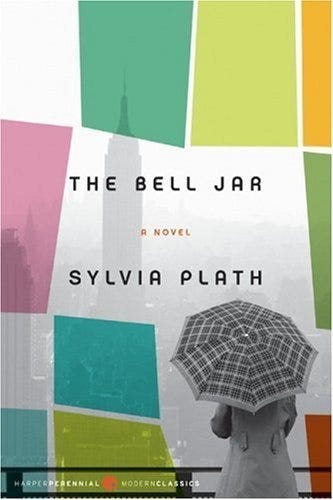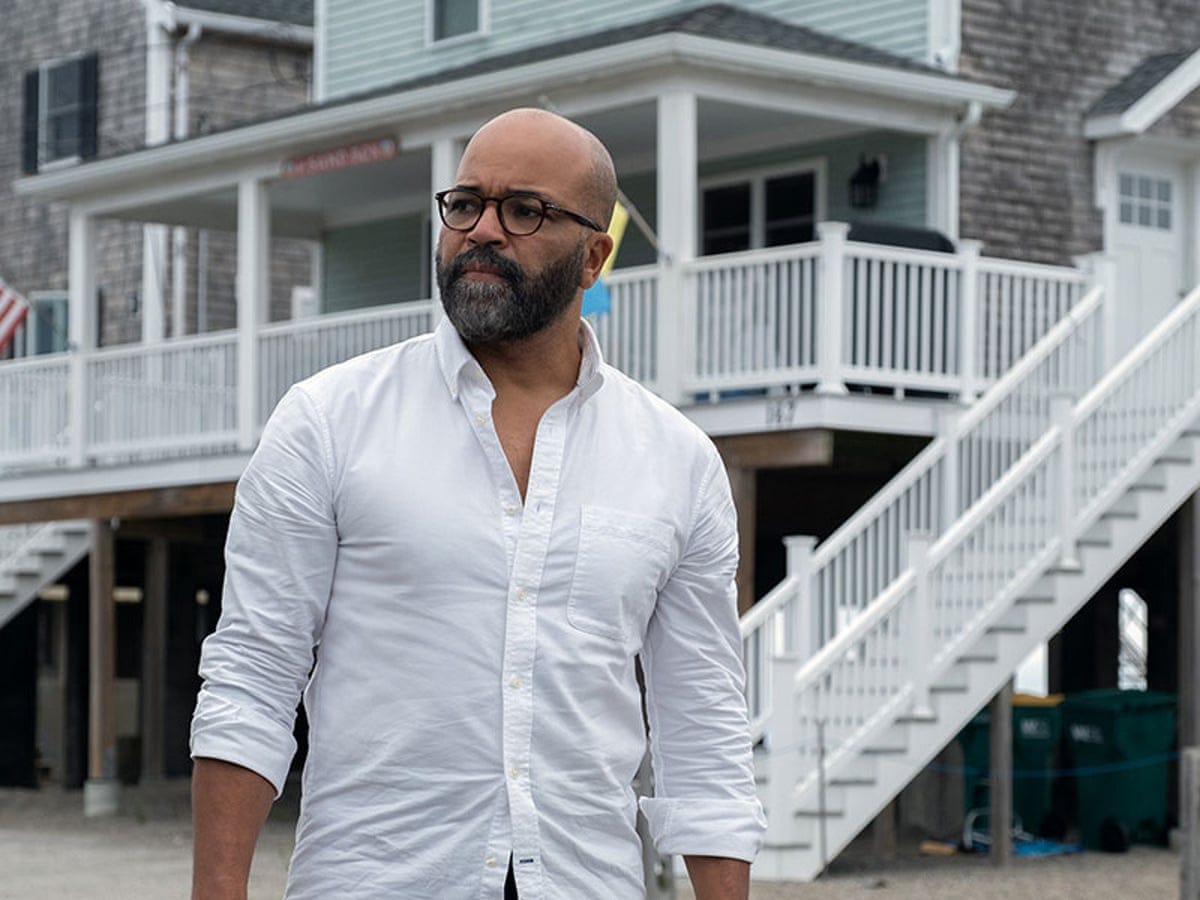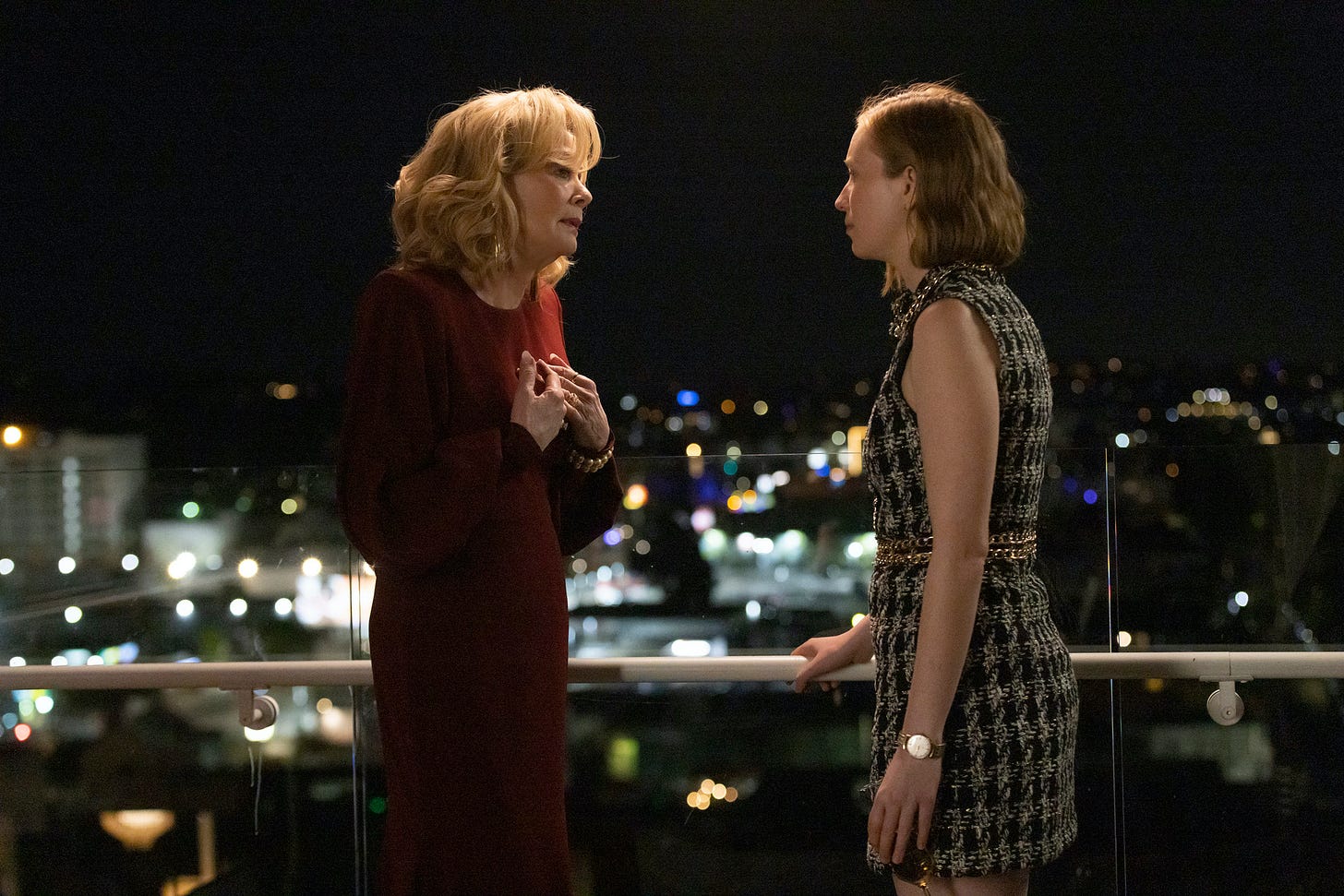Monetization is a carrot on a stick
How big-tech keep us working for free
I know there are many similar discussions out there, but I wanted to summarize why I feel that the possibility of earning money on current platforms makes us focus on the wrong things, and changes how everyone uses them. Also, I propose some suggestions for possible solutions.
My issues with trying to “make it online”:
Very individualistic → We are all trying to make our own thing and competing with others, making most topics saturated and repetitive. It would be far more productive to join forces.
It's mostly just luck → Success depends on being in the Zeitgeist, being one of the first people to a platform, someone influential sharing something you did, having the right friends, being from the right social group/country/ etc.
Art is subjective → Everyone who has ever created and posted anything online knows this. Something you worked hard on and loved will under-perform and things you considered meh will do well.
It's not a meritocracy → Working hard and doing a lot doesn't necessarily translate to more success, although the platforms push for doing more and more.
Nothing is in our control and it's a black box → No one knows how the algorithms work, no one owns what they create, no one owns their audience, everything can change on a whim.
Metrics → Make us obsessive and don't really reflect the true value of things that we create, share, or can be transformed into tangible assets like money or clients. Not really.
Free labor → We work for free for the biggest corporations in the world that would cease to exist if we didn't do so.
Everything is the same → In order to become monetized or viral, what is created becomes increasingly bland.
Grifters → Most people who make money online make it by offering ways to teach others how to "hack" a platform. Their work ranges from boring to unethical.
FOMO → We feel compelled or almost forced to be on those platforms to promote ourselves and get jobs or clients. It doesn't matter what career we are in.
Let's unpack some of those things
The thing is, I think we all have been sold a lie that makes us focus on the wrong things.
At some point, we started to think that having a lot of subscribers or followers on social media—whatever that online channel is—meant we would be famous; we thought this fame would bring us money and that money would bring us security.
We are constantly working towards having more followers because we think in this twisted math that it will bring us more security. It won't.
To summarize we have been told that:
Followers = fame = money = security
But followers don't equal fame
Fame doesn't equal money
And money doesn't equal security (not necessarily).
What most people want is not money or fame, not really. We want security. Our idea of security is that we will get it from the money we make online, which requires a high number of followers. But what could be more insecure and, therefore, stressful than having your income come solely from a YouTube channel or, even worse, your Instagram account? Or even Substack.
Not only is it stressful, but making money online is only possible for a lucky few. It's like playing a lottery. Many people create and upload stuff thinking: "Maybe this will be the one that will go viral and change everything". You press a button and hope to finally hit the big prize. You hope your phone lights up with notifications and likes. The numbers turning in front of you, like a slot machine.
No wonder social media is addictive.
However, as in casinos, the house always wins.
When companies promise you can earn a living using them (which most do), it's not about paying everyone on the platform. It's especially not about paying people fairly. Only a minority can make it and those examples are displayed on our faces like a carrot on a stick to keep the rest of us believing it is possible to achieve when in reality it's mostly likely not. Just like I can't turn myself into Emma Stone tomorrow, I can't turn into Emma Gannon either.
As a result, we continue to strive for an empty goal: the almost impossible task of monetization.
So, should I stop writing my newsletter, making my podcast, YouTube videos, or whatever I enjoy posting?
No. If that makes you happy and a better human, please do it. For sure, I won't stop writing.
What I'm advocating is not that we stop doing what we enjoy doing. Instead, we stop doing what we don't enjoy doing because we think we should, or because we have faint hopes that it will all-of-a-sudden change our lives. I'm advocating thinking deeply about whether what we have been told makes sense. Are we just producing and producing, giving our time, effort, work, and data to people in Silicon Valley for nothing?
It would be great if we were all more offline. I encourage all of us to write that book we are not writing. I want us to make zines and put them in our neighbors' mail. I want us to take classes, meet like-minded people, and start a club or political group.
I want us all to find security, but real security.
Security is having a reliable safety net. It is having paid leave, unemployment benefits, and money in your savings account. Security is also a good job. A job that provides you with enough income, health insurance, and all the benefits you deserve. A job that leaves time for your family and friends, volunteering or doing something useful for others, and pursuing your creativity.
Developing your own business online can also bring some security, as some people are working hard to do so. But are you creating your own company because everyone says you should? Will the work be better for you or worse? Will you have more time? Will you get what you really want?
Not having a goal
Contrary to most opinions on the internet, I think the main way to be creative online is not to have a goal. Honestly, no goals at all.
Most goals are out of your control anyway. Number of subscribers? Money earned? Number of clients? Perhaps worst of all, being famous?
You can never be famous because you can always be more famous. Even Elon Musk feels he should be more popular (so he bought Twitter). It's not a real metric.
Even goals in your control such as writing every day, making and posting three short videos a week, or releasing a podcast every week, can still cause you anxiety. Because life happens and we are not machines like our phones and the algorithms in them. We don't have whole teams behind us to help, motivate, or take our places. We can't be productive and creative all the time.
So, something that has been freeing for me is not having a goal, or a strategy, and not caring that much. Just doing whatever I feel like doing.
That is probably a sure way of not making money online, but it is a way of being content. A way of being creative without letting it eat you up.
I want us all to stop and reflect
I'm just tired.
I'm tired of following what others say. I'm tired of producing things online for the machine to consume. I want to be more offline. I want to do things that mean something to me.
And honestly, I feel more and more that making money on the internet is not only an almost impossible goal it isn't really a goal I want. It would probably be very stressful and completely ruin my relationship with what I want to make.
Creativity is jeopardized when it becomes production on behalf of an entity like these platforms. The problem is we can't avoid the platforms and we can't avoid that they turn what we create into their own profits, even when we are ourselves, unrewarded.
Different from what is sold, those digital spaces are not public squares. Instead, they are extremely private, owned solely by one entity that is the only one truly free to do as it wants and profit as much as it wants. But weirdly enough, we are the ones who make them. Without people, without users, there is no platform.
This is more a reminder that we create communities in spaces we cannot own, control, or take ownership of, and that this has a direct impact on what we create and how. We should be aware of that and avoid blindly striving towards empty goals which will only leave us all far worse collectively.
The Bell Jar by Silvia Plath
Esther is a young girl doing an internship for a magazine in New York. In spite of her desire to be a writer, she is struggling with depression, unable to read or write, her most treasured activities. There are many interesting aspects in this book, which is loosely based on Silvia Plath's life and explains how depression was treated in asylums during the 1940s and 1950s. Her inquietude about her future choices and aversion to becoming a housewife was quite relatable. It's certainly a well-written and easy book to read, no wonder it is a classic.
Literature teacher and writer Thelonious “Monk” Ellison is tired of seeing black authors only succeeding by writing about slaves, gangsters, and other stereotypes. The author writes a book full of stereotypes and over the top as a protest against the industry, but it ends up backfiring.
It depicts really well how difficult it is for people of color to achieve success in the creative industry, while still being an entertaining movie.
Hacks (HBO Max/ Netflix season 1)
Writer Ava Daniels finds herself reluctantly accepting a new job as a writer for Deborah Vance, a comic who has had the longest residency in Las Vegas. They are constantly crashing and both are basically awful people, but still, the show masterfully makes us empathize with them multiple times. They develop a weird friendship but are always at each other's throats almost like family. It's also a compelling take on the difficulties of being creative, this time on two different generations of women.










You said it all perfectly, Luiza. Not a thing I could add, except I wish we were neighbors so we could hang out in my backyard and talk about things that have nothing to do with making money on the internet!
The amount of times I've tried to "make it" on socials is actually too many times. I read another article about not worrying about making the right choice in life because what is "right" is individual and unknowable. And I think you cover the other side which is doing things because you want to be creative and enjoy it. It has taken me too long to figure that out. Now every time I'm writing here, I want to do it because I want to, not because I'm hoping to make it big. And releasing myself of that pressure makes it so much more enjoyable. Glad I stumbled across a like-minded person. Thank you for the post.